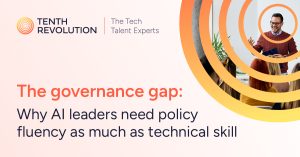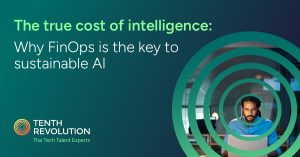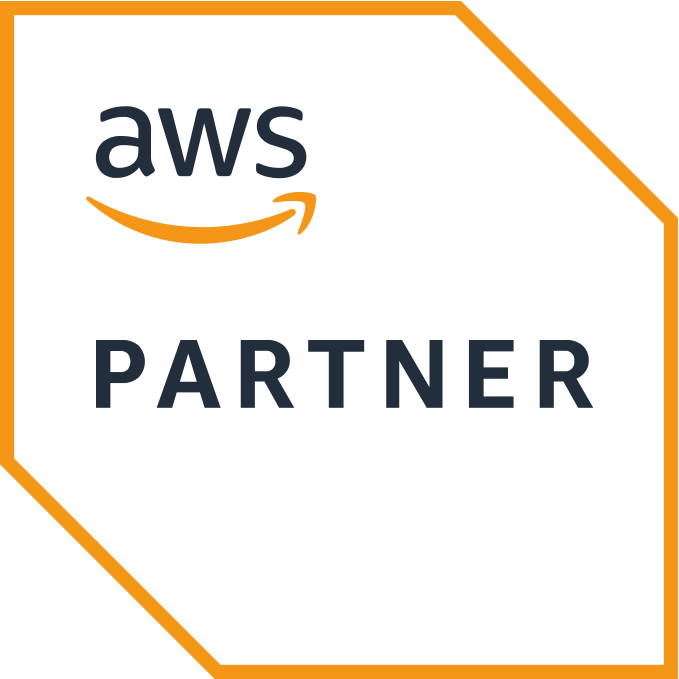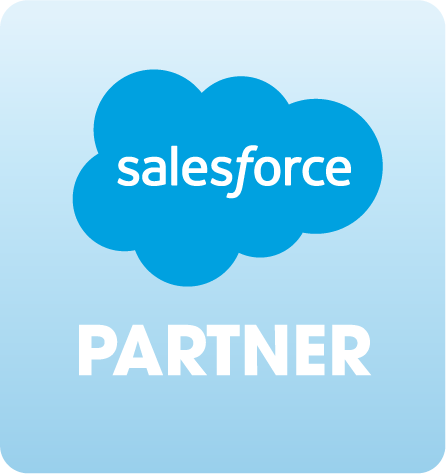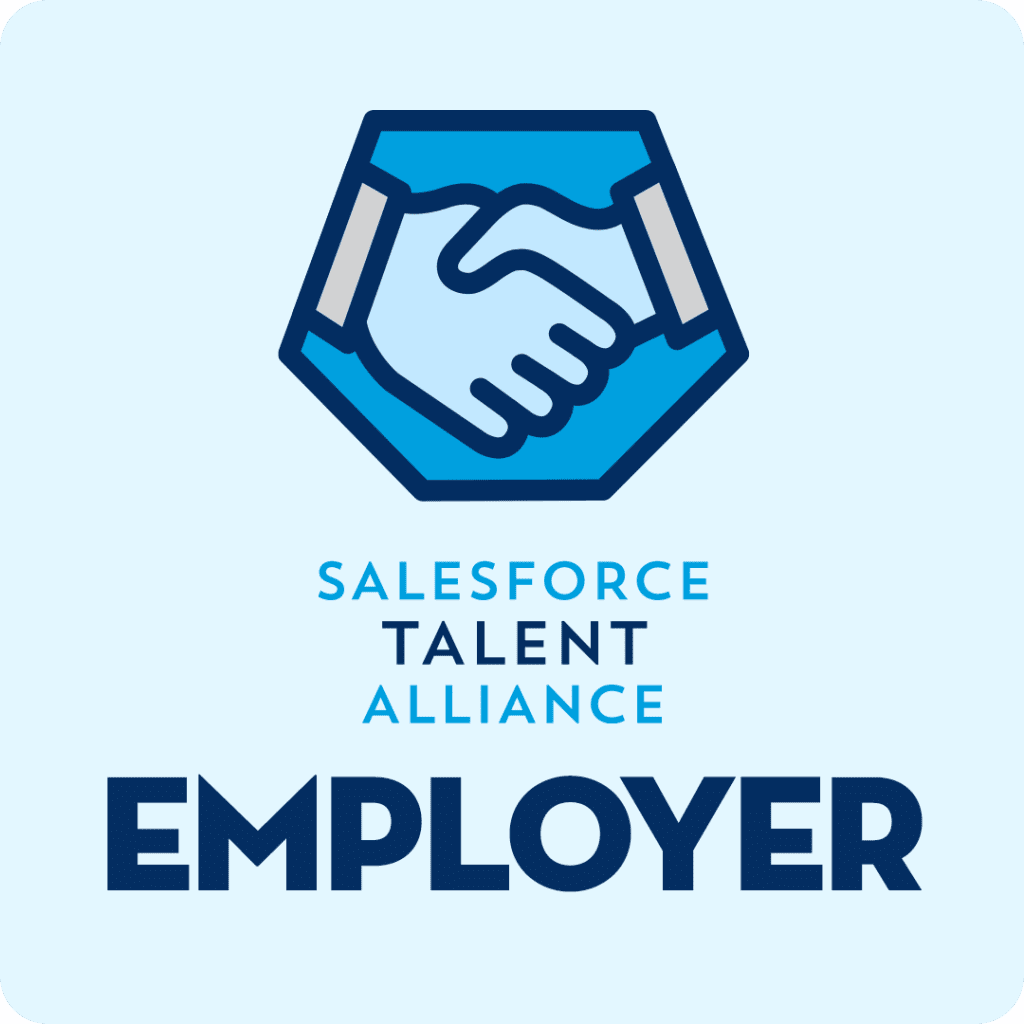Enterprise Resource Planning (ERP) is one of the most important investments a mid-market company can make.
For CFOs and Finance Directors, the decision to replace or upgrade a system usually comes at a turning point: growth ambitions demand scalability, compliance pressures call for stronger controls, and digital transformation efforts depend on a reliable operational backbone.
ERP has the potential to power the next phase of finance and operations. But the truth is that successful outcomes rely as much on the people who deliver projects as they do on the systems themselves. Choosing the right platform is only half the battle.
Turning ERP challenges into success stories
ERP platforms today are more powerful, flexible, and integrated than ever. Yet projects still face familiar hurdles. Delays, overruns, and missed outcomes often have less to do with the technology itself and more to do with how implementations are resourced and executed.
Finance leaders frequently run into challenges such as:
- Team changes. The experts showcased in case studies are not always the ones who show up for your project.
- Sales-led partner recommendations. Selection can be based on license sales rather than delivery capability.
- Bandwidth constraints. Larger consultancies often stretch resources too thin, leaving mid-market projects under-supported.
- Industry misalignment. A generic approach is often applied when sector-specific expertise is what’s really needed.
These risks underline why project success depends as much on delivery partners and staffing as on system choice.
That’s where flexible contracting becomes a valuable tool. A business like Tenth Revolution Group can provide access to ERP specialists through short-term or project-based contracts, ensuring the right expertise is available at the right time.
For longer initiatives, contract-to-hire arrangements allow finance leaders to secure talent without taking on unnecessary long-term risk. That’s where Tenth Revolution Group can help to connect you with trusted technology talent and specialist partners who’ve delivered results in your industry.
The ERP selection landscape in 2025/26
CFOs and finance leaders today usually face three routes when considering ERP transformation:
- Run selection internally. This offers complete control but takes up huge amounts of leadership bandwidth and often lacks the benefit of current market insight.
- Engage a single consultancy. This streamlines effort but creates risk if that consultancy underdelivers or turns out not to be the right fit.
- Adopt a marketplace model. This connects you with a vetted network of independent specialists and consultancies, matched to your needs.
The marketplace approach is gaining traction. It reflects the way mid-market businesses increasingly prefer to operate: agile, choice-driven, and outcome-focused.
Why marketplaces are different
Marketplaces like Tenth Revolution Group aren’t ERP implementers themselves. Instead, they act as strategic connectors between finance leaders and vetted ERP specialists who can add value at every stage.
The advantages include both breadth and impartiality. Tenth Revolution Group covers all major ERP platforms—Microsoft Dynamics, SAP, Oracle NetSuite, Infor, and Sage—without bias. That means recommendations are based on your business needs rather than sales incentives.
Marketplaces also provide critical safeguards:
- Expertise assurance. You get the actual specialists promised, not substitutes.
- Balanced partner bandwidth. Your project isn’t pushed aside in favor of larger enterprise accounts.
- Right-size and right-fit engagements. Whether you need a boutique consultancy, an industry-specific specialist, or a larger collaborative team, you get the right match.
This model creates resilience too. Instead of tying your project to one consultancy, you can bring in the right expertise at different stages, from readiness assessments to audits or delivery assurance.
Total cost of ownership
One area that finance leaders can’t ignore is the full cost of ERP. Licensing is only part of the equation. Implementation, customization, integration, support, and change management all add up quickly. Many mid-market firms underestimate these elements and find themselves overshooting budgets.
A fractional view of cost, looking at not only year one spend but also three- to five-year ownership costs, helps decision makers avoid surprises.
Marketplaces can support this process by providing transparency on real-world pricing, not just headline license fees. Flexible contracting models also help spread costs more predictably, aligning spend with project milestones rather than committing to one large, fixed engagement.
The role of change management
Another reason ERP projects underdeliver is lack of attention to the human side. Technology upgrades often outpace user adoption. If teams don’t embrace the new system, the investment struggles to deliver value.
Finance leaders should prioritize:
- Clear communication to explain the reasons behind the change and the benefits expected.
- Training programs that equip employees with the knowledge they need to use the new system effectively.
- Continuous feedback so issues can be addressed early.
Specialist change managers and trainers are often required here, and contracting them in for specific project phases is often more cost-effective than trying to build those capabilities permanently in-house.
How industries are adapting
Different sectors are already approaching ERP selection in ways that reflect their unique priorities.
- Manufacturers are choosing industry-specific solutions that align with supply chain complexity and compliance requirements.
- Retailers are turning to modular ERP systems that support rapid e-commerce integration and real-time inventory management.
- Professional services firms are prioritizing solutions that connect financials directly to project management for better client transparency.
Each example shows why a one-size-fits-all consultancy approach is risky. The right implementation partner should understand the nuances of your industry. Flexible staffing helps finance leaders bring in niche expertise when it matters most.
Looking ahead: ERP and AI
AI is also shaping the ERP landscape in 2025/26. Vendors are embedding AI copilots and predictive analytics into platforms, giving finance leaders new ways to automate reporting, forecast performance, and improve decision-making.
While these features are exciting, they also add complexity. Leaders need partners who can assess when to adopt AI-driven features, how to ensure data quality, and how to stay compliant with evolving regulations. Temporary access to AI specialists through contracting is one of the most efficient ways to test and scale these capabilities without locking into long-term hires.
To see how your approach compares with peers, take part in the Tenth Revolution Group AI Talent Survey. It’s a quick way to benchmark your readiness and learn where other businesses are focusing their AI investments.
How finance leaders can reduce risk
Turnaround projects are expensive and disruptive, but they’re often avoidable. By vetting partners properly and building flexibility into contracts, CFOs can reduce the chances of needing costly course correction later.
The key takeaway: treat partner selection with the same rigor as system selection. The best ERP system won’t succeed if it’s in the wrong hands. Marketplaces help mitigate that risk by giving you unbiased access to the expertise you need.


